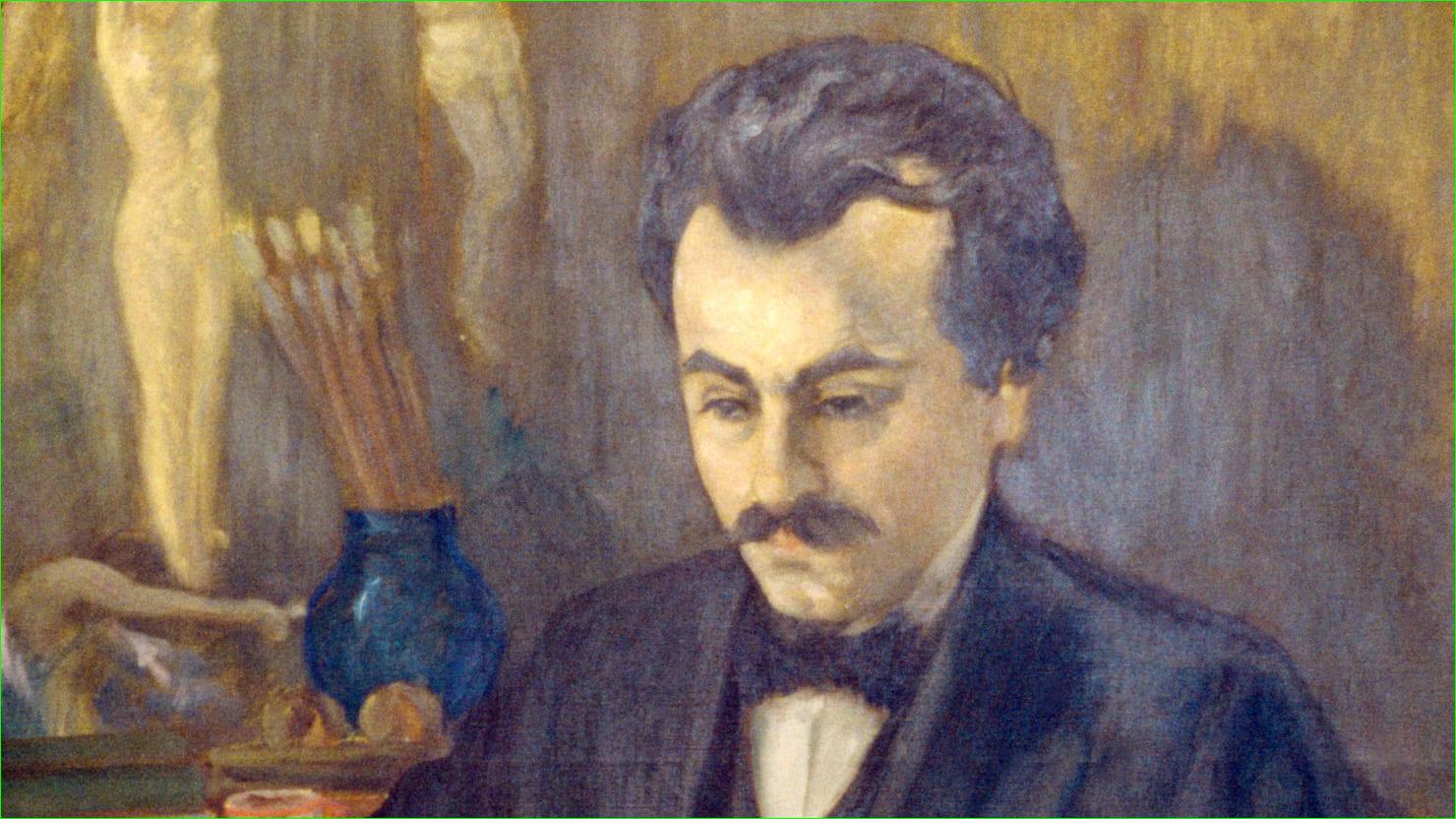


 ALAMY)
ALAMY)
The conference was a joint event organized by the Center for Lebanese Heritage at LAU, the Gibran National Committee and the George and Lisa Zakhem Kahlil Gibran Chair for Values and Peace.
Speakers came from around the world and included physicians, scholars, filmmakers, curators, lawyers and a former Lebanese minister -- diversity that spoke to a body of work that transcended language, culture, and socio-economic barriers, shaping the lives of many, even 100 years after he published "The Madman," his first book in English.
"The past is similar to the present," Gibran once wrote. Nidale al-Aymouni Daccache, an associate professor of Arabic Literature at LAU, said this maxim is proven by the fact that "Gibran is still with us today."
She illustrated Gibran's enduring relevance in the modern age by examining certain topics in his writing. "How can we blame innocent lambs when they are attacked by a hungry wolf?" Gibran had asked. "Does this sound familiar?" Daccache posited to the audience, who erupted in applause and approval.
She explained that Gibran had rejected laws or traditions that reinforced an ideal of brute masculinity at the expense of women, while the mentality of blaming women for gender-based violence inflicted upon them is still prevalent today.
Gibran commended women and believed they should be treated equally. "The face of my mother is the face of my nation," he wrote, summarizing his conviction to honor women.
Daccache then turned to Gibran's work regarding the Arabic language. "Language is the first manifestation of the power of imagination," Gibran said. According to Daccache, Gibran believed that Arabic could not be taught in schools until they became free of the sectarian system. Schools should rather be regulated by the government to ensure that Arabic is taught the same way.
While sectarianism in Lebanon has today become embedded in Lebanese state institutions, Gibran had criticized the phenomenon for separating people and sowing discord.
Tania Sammons, a curator, focused her lecture on Gibran and Mary Haskell, a confidante, editor and Gibran's love interest. "They were a powerful literary couple," Sammons said. She gave a historical review of their lives together, using excerpts from Haskell's diaries.
After Gibran's death, Haskell donated the contents of his studio to his hometown in north Lebanon, Bsharri, and her belongings to a museum in her hometown of Savannah, Georgia. "Imagine if Haskell had destroyed the letters, or burned them to keep herself warm one night," Guita Hourani, the director of the Lebanese Emigration Research Center at Notre Dame University and the panel's moderator, mused. "Where would we be?" Sammons argued that without Haskell, Gibran wouldn't have become a worldwide legacy.
Francesco Medici, a scholar and researcher who translated the works of Gibran into Italian, took a different approach to the writer. He gathered documents such as a $25 check Gibran wrote to a friend and pictures with colleagues and acquaintances. The translator said society tends to forget that artists are human beings who lead average lives, with groceries to buy and bills to pay, choosing to remember them only by their work.
Medici showcased a letter written by Siegfried Sassoon, one of the leading English poets of WWI. "I had lunch with a little poet today, Khalil Gibran, and he drew me ... ," the letter said. He also exhibited a letter written by Gibran that talked about his new phone number and provided the official documentation to back up the claim.
Medici also shared an interesting story about the English spelling of Gibran's name. Gibran came to the United States three times, each time registering with a different spelling, as demonstrated in official documents shown to the audience.
The conference was the third international conference on Gibran, with the first two held in the U.S. However, there is still much to be discovered and said about the poet, a visionary and pioneer, even in modern times.

or register to post a comment.